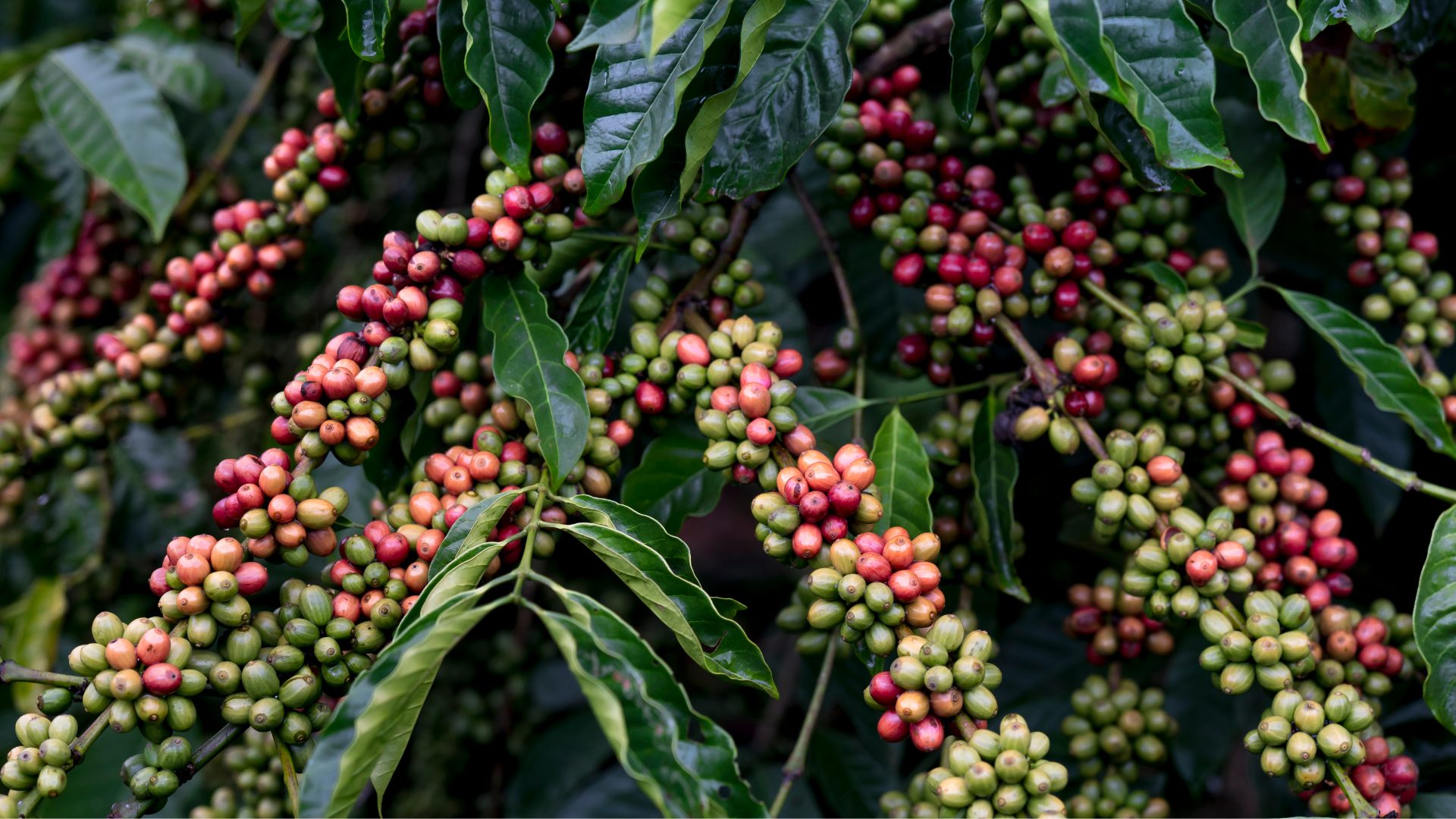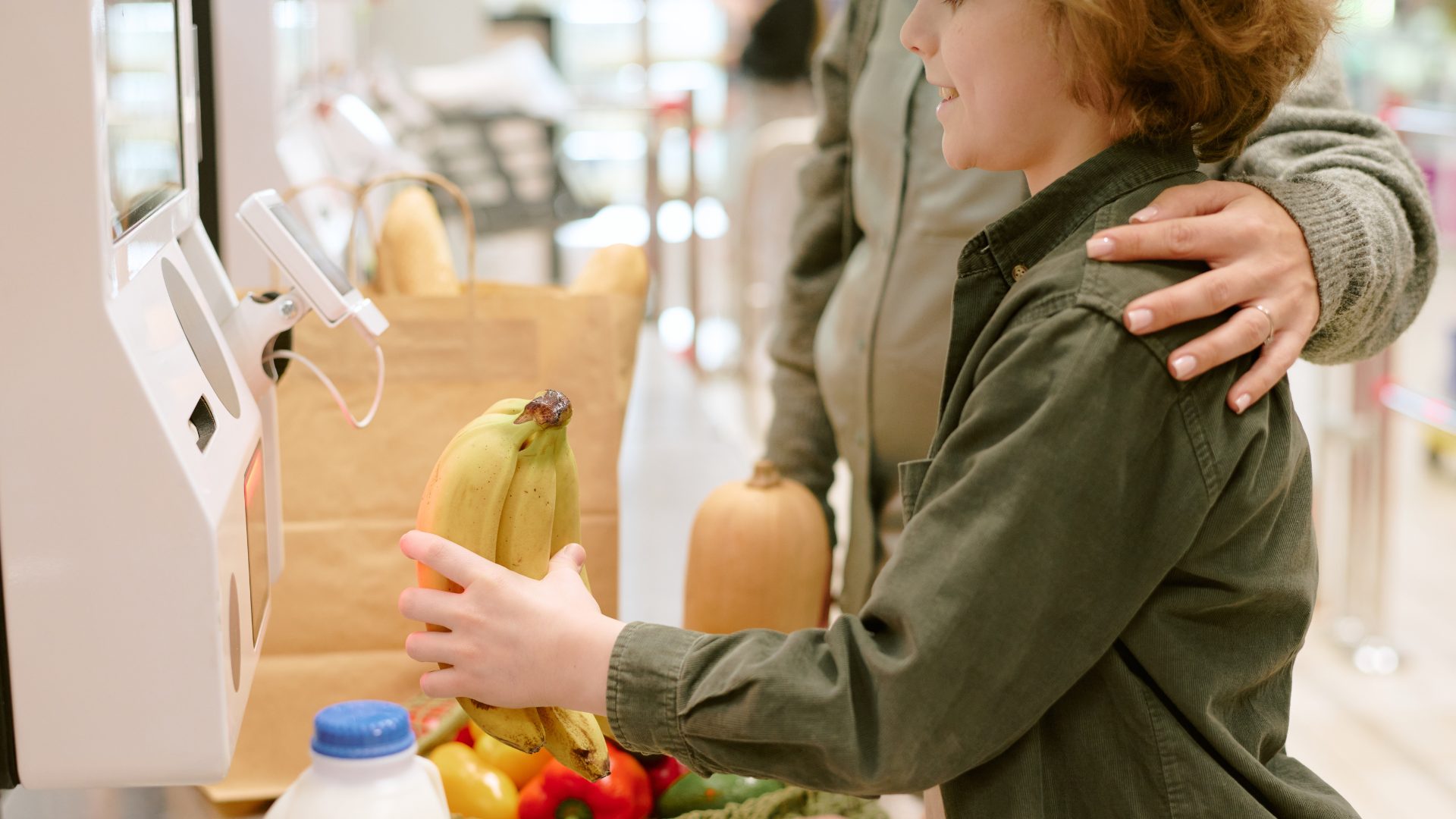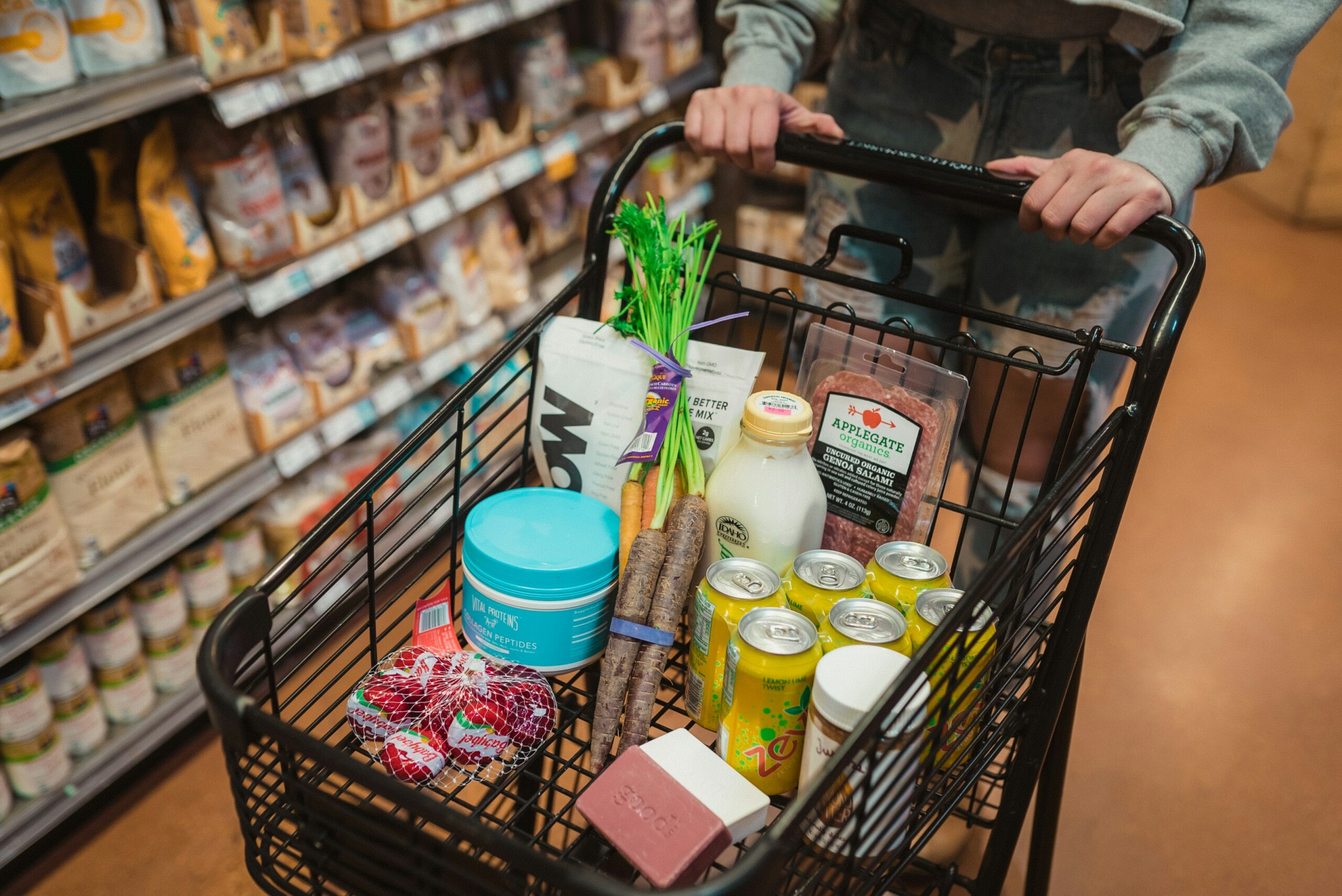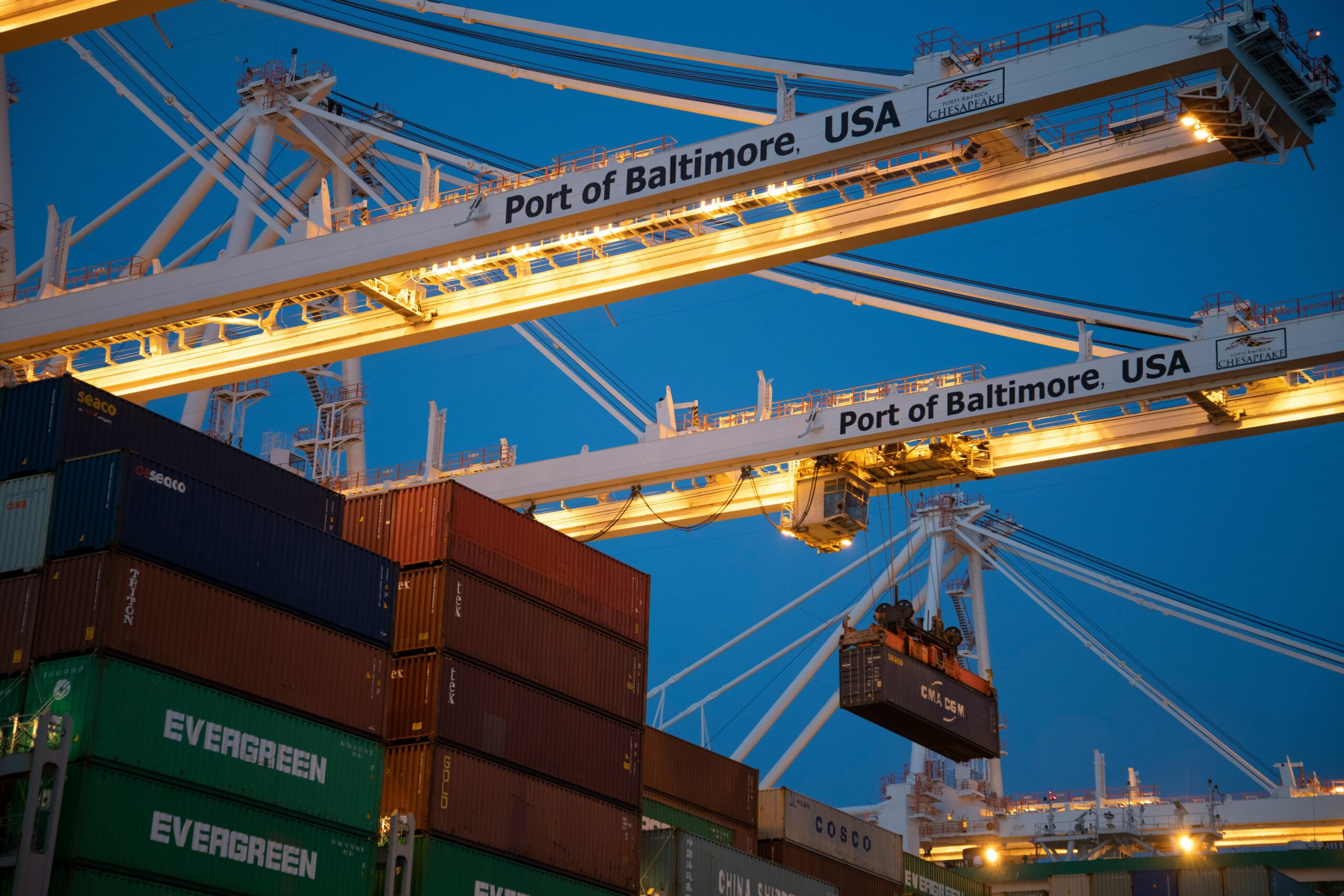Bipartisan lawmakers from California, Nebraska, New Hampshire, and Virginia recently came together to pen the “No Coffee Tax Act,” which endeavors to repeal Trump administration tariffs on coffee imports.
“Americans started a revolution over a tax on tea. U.S. coffee prices have increased significantly in the last year, in part due to Trump’s tariffs,” said Rep. Ro Khanna (D-Calif.) in a statement. “Our bipartisan bill is simple: it removes Trump’s tariffs on coffee to bring down costs.”
The U.S. is the world’s largest importer of coffee. Although coffee prices were already steep before the tariffs went into effect, a noticeable jump in recent months suggests additional duties have exacerbated the issue.
Notably, Brazil faces a 50% tariff on its imports, including coffee, and has historically supplied as much as 35% of the country’s unroasted coffee imports.
Colombia currently faces a 10% tariff on coffee exports bound for the U.S. and is responsible for over 25% of domestic unroasted coffee imports.
In August, coffee prices soared 6.4 percentage points compared to the month before, ending at 20.7% year-over-year, not seasonally adjusted. This compares to overall food inflation that maintained a modest 3.2% increase over the same period.
Understanding the Coffee Bill
The proposed bill will reduce tariffs on coffee imports to 0% on all coffee products, excluding “coffee substitutes containing coffee,” according to a statement from Rep. Don Beyer (D-Virginia).
“Why are we tariffing American citizens on something that we don’t even grow? It doesn’t make sense,” Rep. Don Bacon (R-Nebr.) told the Washington Post.
The U.S. does produce a modest amount of the nation’s coffee supply, particularly in Hawaii and Puerto Rico; however, growing conditions throughout the mainland are not ideal for the coffee plant, which thrives in tropical climates, high humidity, variable elevation, and consistent rainfall.
Coffee tariff exemptions were the subject of a Trump administration executive order earlier this month that targeted reducing tariffs on items that the U.S. cannot naturally grow.
“Tariffs can’t bend the laws of nature. Bananas need tropics, coffee needs altitude. You can’t onshore these things, so tariffs just raise prices,” said University of Michigan economics and public policy professor Justin Wolfers on X (formerly Twitter).
The caveat, however, is that the country seeking a tariff reduction is required to “conclude a deal with the U.S. that helps mitigate the national emergency relating to the trade deficit.” Put simply, the exemption hinges on the administration reaching an agreement with the affected trading partner.
Why Is Coffee So Expensive?
A mix of tariffs, demand, and environmental factors causing a global supply shortage is likely the result of the persistently inflated coffee commodity. In particular, inclement weather events in key growing regions such as Brazil and Vietnam have devastated the crop.
Studies have also shown a macroscopic issue: climate conditions over the past four decades have led to lower coffee yields, according to a study from 2023 published in the journal PLOS Climate, reported The Guardian. Frequent “climate hazards” and high temperatures in every growing region are among the factors affecting production.
On the other end of the spectrum, coffee demand has never been higher, especially in the U.S. At the beginning of this year, the National Coffee Association found that 66% of American adults drink coffee daily, up nearly 7% from 2020.
As a result, coffee prices have been steadily climbing, with acceleration notably hitting store level ground roasted coffee sales. For example, a pound of coffee averaged $8.87 per pound in August even though it sat below the $8 mark only three months earlier.
Although coffee prices are likely to see some relief if the No Coffee Tax Act is passed, more will need to be done to get prices closer to the food inflation average.
The Food Institute Podcast
How can a food industry trade show spark global culinary creativity? Anuga’s JP Hartmann, U.S. Consul General Preeti Shah, and World Food Championships’ Nikki Jackson share their perspectives on how the U.S. presence at Anuga 2025 is helping to bridge culinary experiences together.












